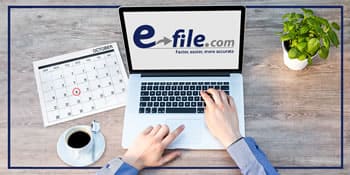Self-Employment Qualifications for Cash Basis Accounting

There are two basic forms of accounting: cash basis and accrual basis. Cash accounting is popular among self-employed individuals because it is relatively simple to track and easy to understand. It focuses on when cash actually enters and leaves a company’s bank account.
Accrual basis accounting, on the other hand, is based on when the expense was incurred or when the income was earned rather than when the money actually changed hands. The focus is on the moment in time that you earned income (e.g. completed a project rather than when you received payment) or when you expensed an item. The accrual method of accounting may be best for your business it it deals with inventory, receives pre-funded customer accounts or receives lump sum payments for multiple months/years of work.
Benefits of Cash Basis Accounting
Cash-based accounting is beneficial because you can sometimes receive a tax advantage for payments received in the next tax year for current tax year work. That income is deferred, which means that you have less taxable income overall.
Cash basis also provides a clear picture of your cash flow, so you know how much you have in the bank and available for spending at virtually any given time.
Using a cash-based accounting system can be more cost-effective because it requires little oversight. For example, the IRS does not require that you maintain records of when you ordered supplies or finished a project if you use cash basis accounting.
Eligibility for Cash Basis Accounting
You must have an average annual income for the past three years of less than $1 million, and your business cannot be a tax shelter.
If your income is over $1 million, but less than $10 million for the past three years, you can still use cash basis accounting. That is, if you are not specifically excluded from using it and the type of product produced or service you provided is considered to be an “eligible” business.
The IRS permits new businesses, without prior year income records, to decide/predict whether they will meet the requirements after opening their doors. Most self-employed individuals including partnerships and S corporations start off using cash basis of accounting. With that said, it is important to keep in mind the structure and type of business and chose the method that fits it the best.
If you're starting a new business and working from home make sure to read our article on deductions for self-employed individuals. It offers several tips on how to save money with common home office deductions.
